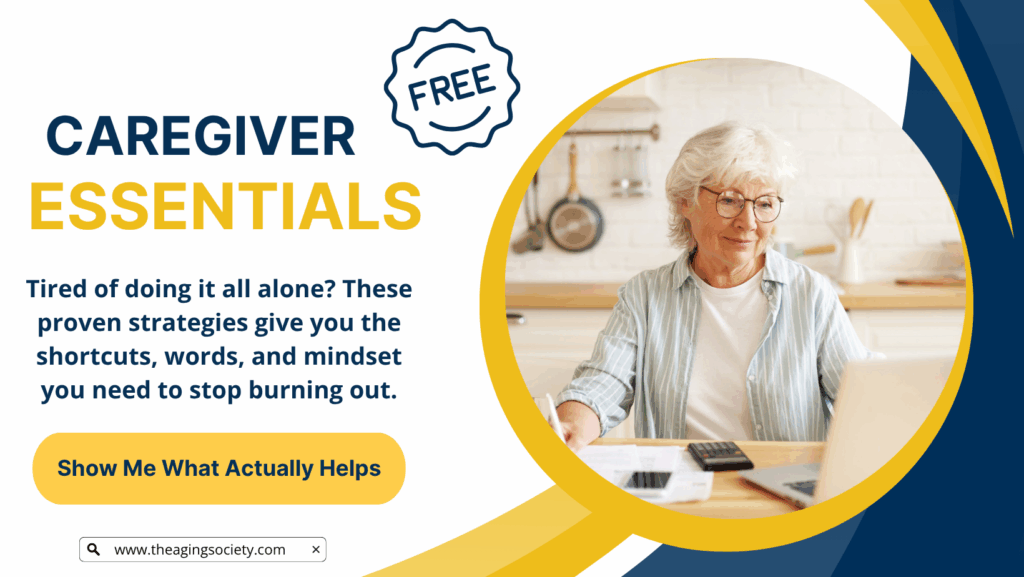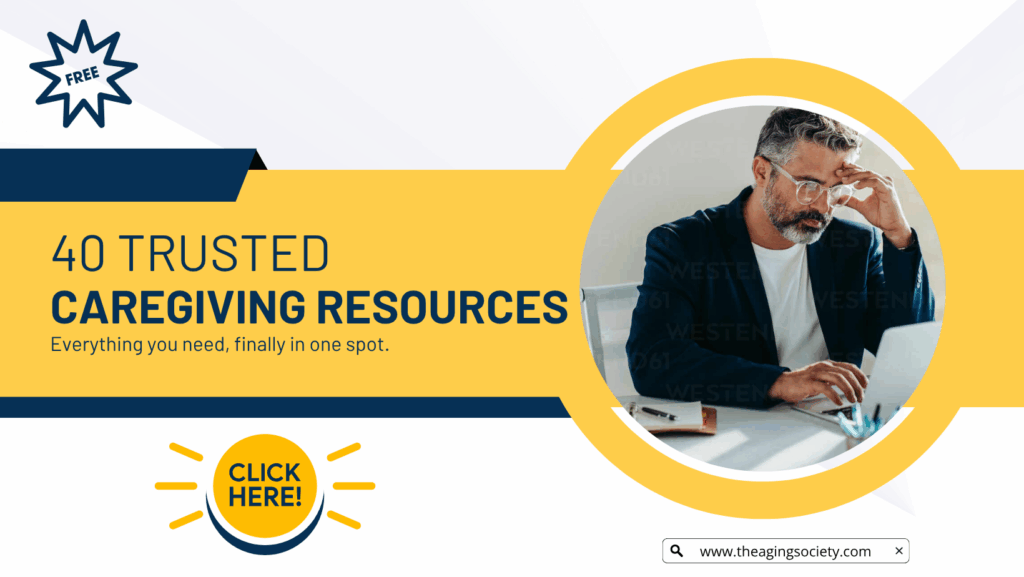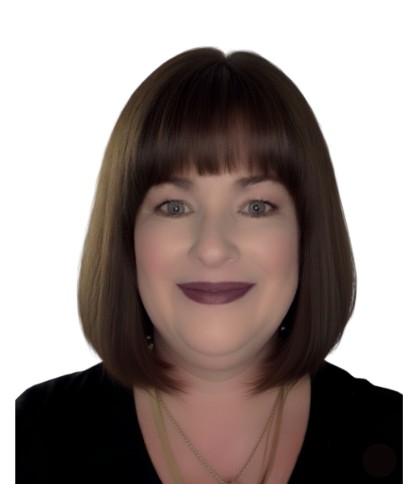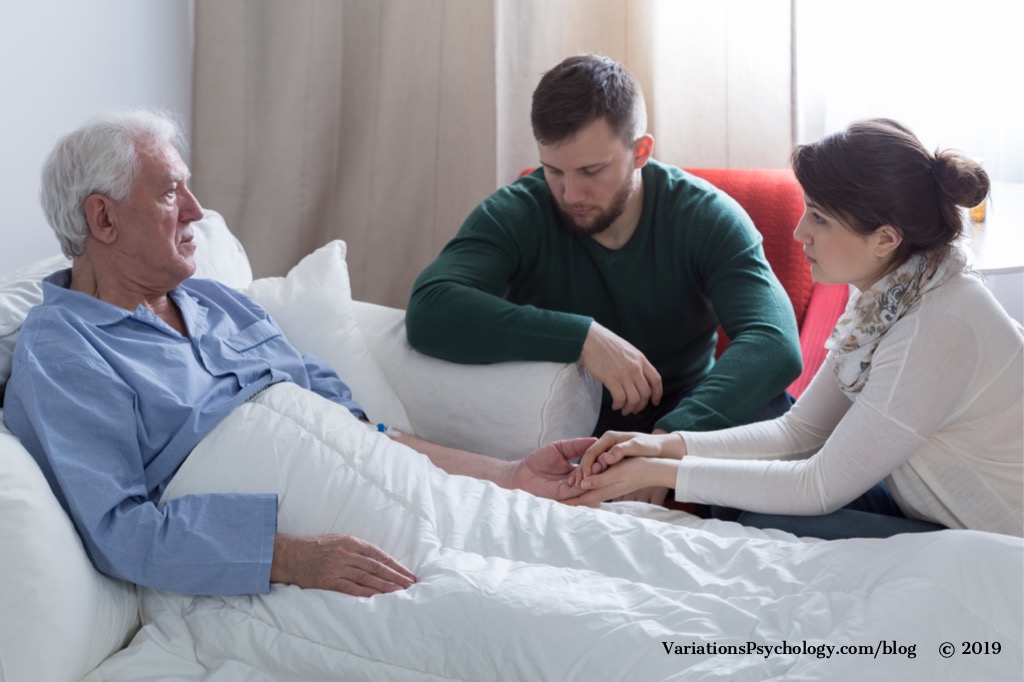Browse by categories
I help caregivers navigate conversations and decisions about senior care with clarity, confidence, and ease.
More about me
July 19, 2025
It started with a phone call. Caregiver guilt and resentment often show up long before burnout is acknowledged.
“Dad has a pressure sore. They’re saying it’s bad. Down to the bone.”
Melissa felt her stomach lurch, not just from the diagnosis, but from what it meant. She wasn’t the sibling managing daily care. That fell to her older sister, who was now, unmistakably, exhausted and done being polite.
Guilt rushed in. But alongside it came something else: resentment.
Why hadn’t anyone told her it was this bad? Why was she expected to drop everything and fix it now?
When Care Is Uneven, Caregiver Guilt and Resentment Appear
A pressure sore isn’t just a medical issue. It’s a rupture point. It often marks the moment when unspoken tensions come roaring to the surface.
Suddenly, it’s not just, “What happened to Dad?” but, “Who let this happen?”
Caregiver guilt and resentment don’t appear out of nowhere. They grow quietly, over time, through sacrifices, misunderstandings, and emotional burnout in caregiving that no one has named.
One sibling feels invisible. The other feels attacked. Everyone feels exhausted.
Guilt and Blame: Two Sides of the Same Wound
Guilt says, “I should have done more.”
Blame says, “You didn’t do enough.”
Both live in the same room.
The hands-on caregiver feels abandoned and unseen. The distant sibling feels ambushed and shamed. And somewhere between those two truths sits the real pain: families trying their best without a shared plan or shared language.
This is where caregiver guilt and resentment take root. And left unspoken, they grow.

How to Deal with Caregiver Resentment (Even Mid-Crisis)
If you’re in the middle of the storm, start small. You don’t have to fix it all today. But you do deserve space to feel what you feel.
Here are three gentle steps:
- Name what’s really going on. Try: “Dad’s wound is serious, and it’s brought up a lot of feelings. We need to talk about both.”
- Recognize the imbalance. Say out loud who’s been carrying what, and how it’s felt.
- Ask for teamwork. Swap blame for collaboration. “What can we do now, together?”
These shifts are how caregiver guilt recovery begins, not through perfection, but through presence.
When Bedsores Run Deeper Than Skin
This isn’t just about physical care. It’s about how caregiving exposes the emotional layers beneath the surface: roles never renegotiated, help never asked for, and love stretched to its limits.
If your family is stuck in resentment or silence, here’s what might help:
- Create emotional safety. Open conversations with curiosity, not correction.
- Use “I” statements. Instead of “You always disappear,” try “I’ve been feeling overwhelmed and alone.”
- Revisit roles with clarity. Talk honestly about what each person can realistically offer, time, money, support.
- Name the need for change. Say, “I think we need a new way to handle care, something that feels fair and sustainable.”
These conversations take courage. But they also create room for healing, empathy, and maybe even repair.
One Last Thing
If you were the one who noticed the wound, made the call, or raised the alarm, you did the brave thing.
If you’re just finding out now and feeling a wave of guilt or sadness, you’re still part of the healing.
Families aren’t perfect. But they can heal. And it often starts with a single honest conversation.


Susan Myers is a Mom, Caregiver Strategist, and founder of The Aging Society. She helps family caregivers get the clarity they need to navigate aging parent care without losing themselves in the process. Her courses, resources, and Caregivers: Talk With Purpose podcast offer grounded, practical support for the moments that feel overwhelming, confusing, or heavier than expected.
Leave a Reply Cancel reply
where can I take you?
where can I take you?
Resource Center
Caregiver essentials
thoughtful giftst
conversation action plan
home
contact
blog
about
The Aging Society helps caregivers navigate conversations and decisions about senior care with clarity, confidence, and ease.

Join Others in my Weekly Newsletter